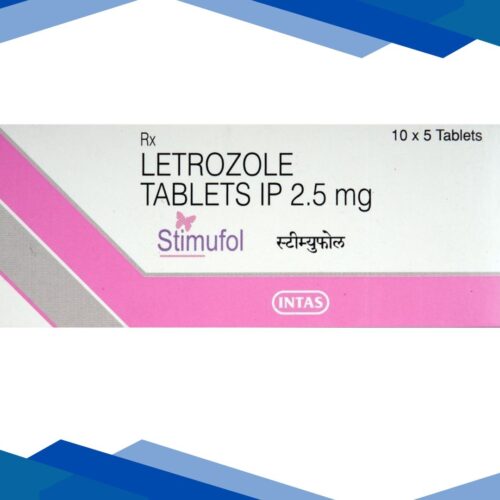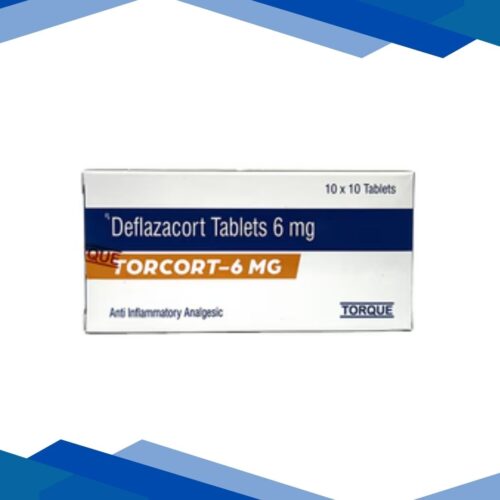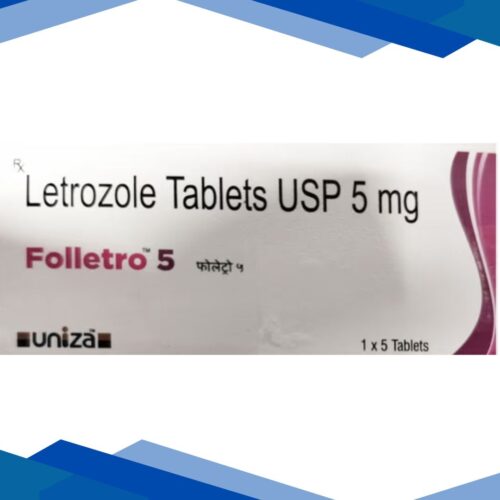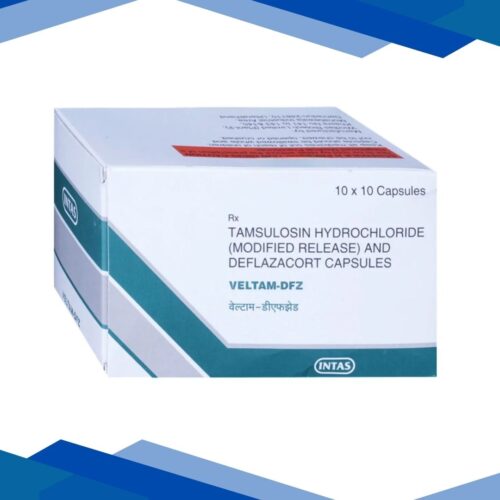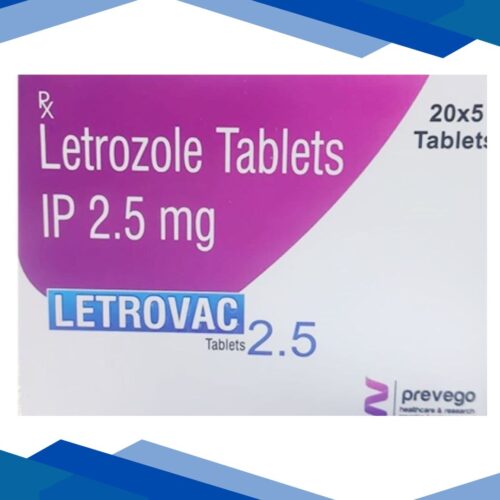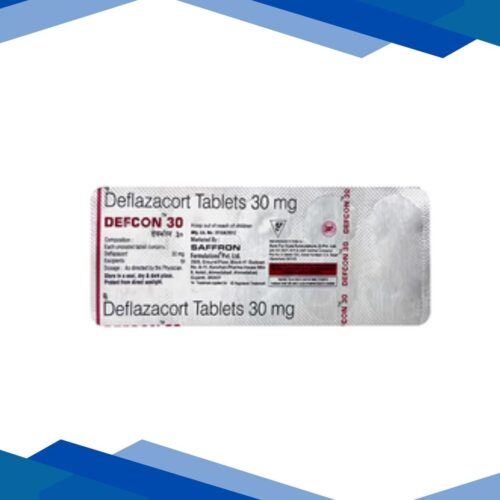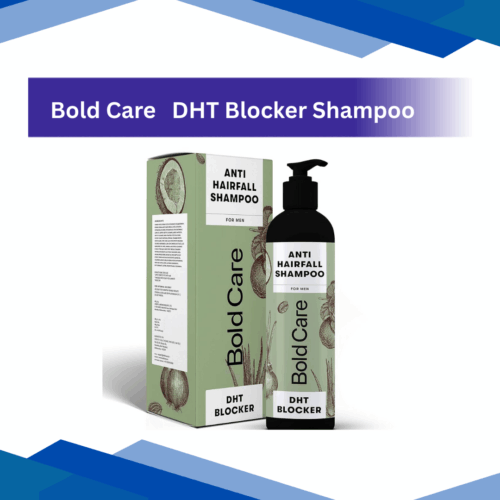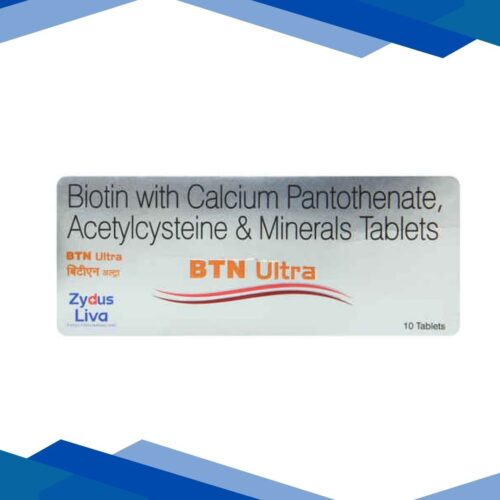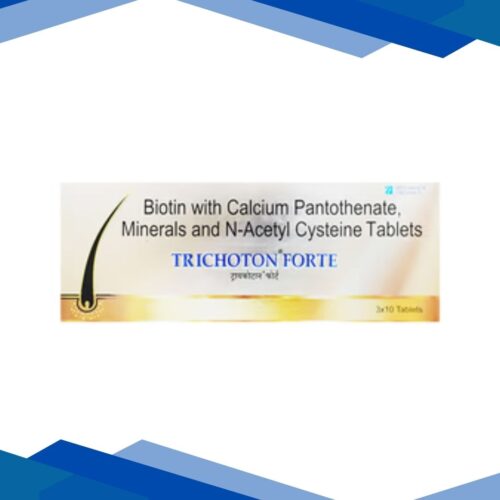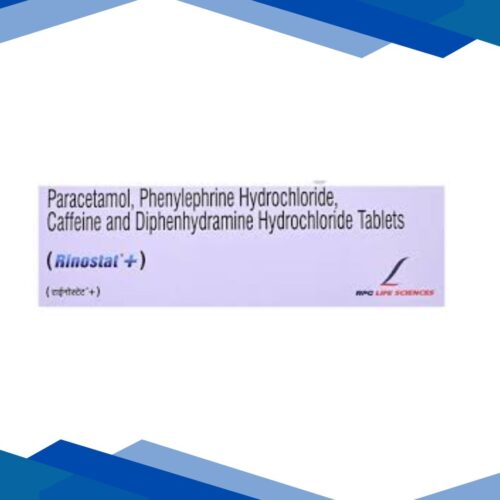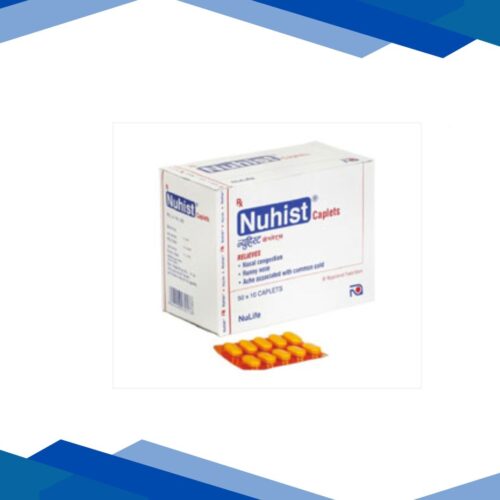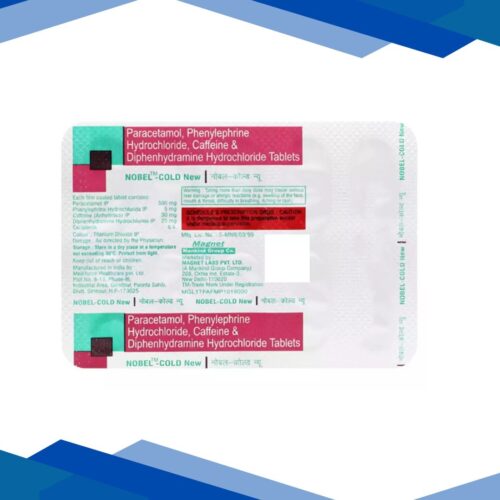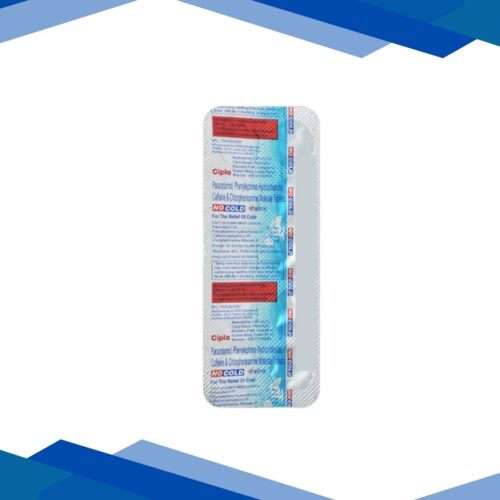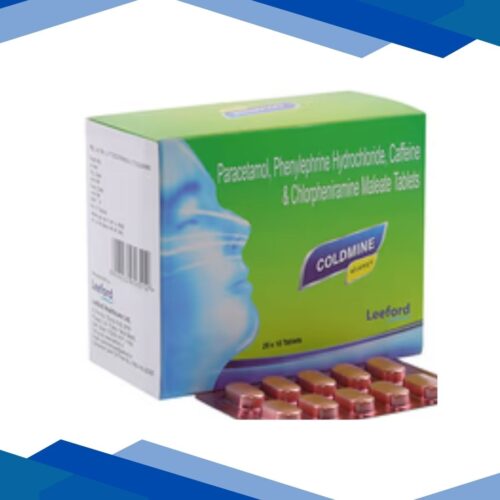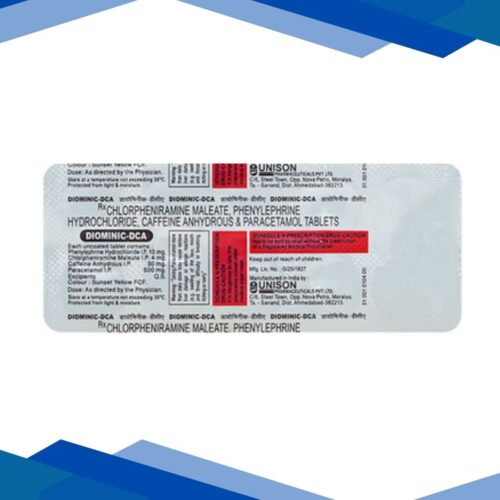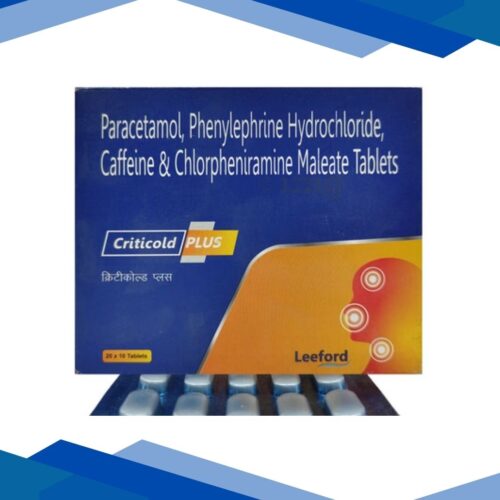Stimufol 2.5mg Tablet
VELTAM DFZ Capsule 10’s
DEFCON 30mg Tablet 10’s
Pilgrim Anti-Hairfall Serum
Pilgrim RootActive Anti‑Hairfall Serum with Spanish Rosemary is designed to strengthen hair roots, reduce hair fall, and increase hair density. It contains active ingredients like biotin, caffeine, saw palmetto, rosemary extract etc. For more details kindly click on Medicine Salts below:
Biotin
BIOTIN
Overview:
Biotin, also known as Vitamin B7 or Vitamin H, is a water-soluble vitamin that helps your body turn food into energy. It’s best known for improving hair, skin, and nails, and is often used in beauty and health supplement
Classification: Biotin is part of the B-complex vitamin group.
Uses:
Support healthy hair, skin, and nails
Prevent or treat biotin deficiency
Help with brittle nails and hair loss
Improve energy levels
Support metabolism of fats, carbohydrates, and proteins
Aid in nerve and brain health
How It Works:
Break down nutrients (like carbs, fats, and proteins) into usable energy
Strengthen hair roots, nails, and skin cells
Support enzyme activity for proper body function
Maintain healthy nerves and brain function
It’s like a helper vitamin that keeps your energy up and appearance fresh.
Dosage: As prescribed by your doctor.
Side effects:
Biotin is generally safe, but in rare cases, people may experience:
Mild stomach upset
Skin rashes or acne (if taken in high doses)
Unusual lab test results (may affect blood test accuracy)
Usually, side effects happen only with excessive use.
Precautions:
Don’t take more than the recommended dose—too much doesn’t give extra benefit.
Let your doctor know you’re taking biotin—it can affect blood test results.
If you’re pregnant or breastfeeding, check with a doctor first.
People with hormonal acne should use caution, as biotin may worsen breakouts in some.
Choose trusted brands of supplements to ensure quality.
Disclaimer: This content is for informational purposes only. Always consult a healthcare provider for medical advice and proper
Caffeine
CAFFEINE
Overview:
Caffeine is a natural substance that helps you feel less tired and more awake. You’ll find it in things like coffee, tea, cola, energy drinks, and even in some medications.
Classification: Central nervous system stimulants
Uses:
Fights sleepiness and helps keep you focused
Can help you stay mentally sharp during the day
Often added to pain relievers to make them work better (like in migraine treatment)
Sometimes used in newborns (especially premature babies) to help with breathing problems
How it works:
Caffeine helps you stay awake and focused by blocking a brain chemical called adenosine, which normally makes you feel drowsy.
By stopping adenosine, caffeine keeps your brain more active, helping you feel energized, alert, and a bit more awake. It can also slightly increase your heart rate and make you feel more awake physically and mentally.
Dosage: As prescribed by your doctor.
Side effects:
Having too much caffeine might cause:
Restlessness or shaky hands
Trouble falling asleep
Rapid heartbeat or a racing pulse
Stomach discomfort or acidity
Mild headaches, especially if you suddenly stop using it
Frequent urination
Feeling uneasy or anxious
Precautions:
Don’t have too much: Taking in large amounts of caffeine can make you feel nervous, interfere with sleep, or cause a fast heartbeat. It’s best to keep it moderate—about 1 to 3 cups of tea or coffee a day is usually safe.
If you’re sensitive, go slow: Some people react strongly to even small doses of caffeine, causing shakiness, headaches, or discomfort.
Avoid it before bedtime: Since caffeine keeps you alert, having it too late in the day (especially after the afternoon) can make it hard to fall asleep.
Pregnant or breastfeeding? Talk to your doctor. Too much caffeine might affect your baby, so it’s safer to limit your intake.
If you have heart issues, anxiety, or high blood pressure: Be careful—caffeine can sometimes worsen these problems.
Check food and medicine labels: Caffeine isn’t only in coffee—it’s also found in soft drinks, energy drinks, chocolate, and some pills like pain relievers or slimming products.
Disclaimer:
This content is for informational purposes only. Always consult a healthcare provider for medical advice and proper dosage
